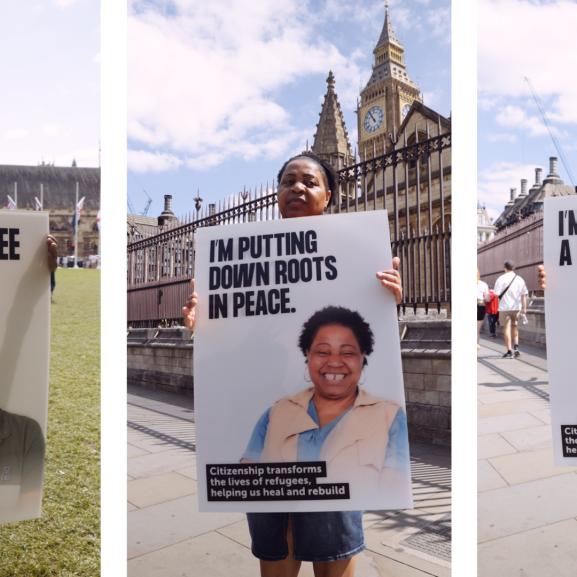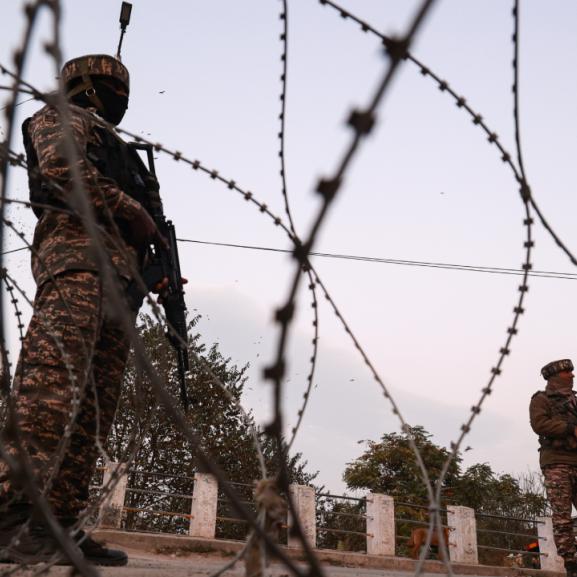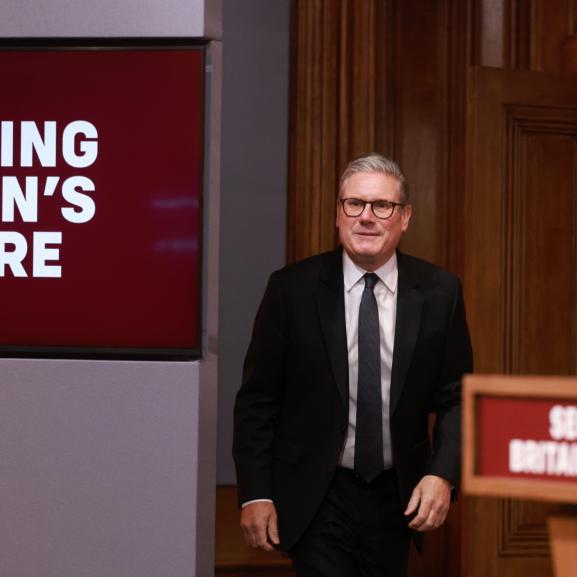Racism and anxiety after the referendum: an interview with a Freedom from Torture manager
Jude Boyles is a psychological therapist and the manager of Freedom from Torture's North West centre in Manchester. In this interview she shares how she feels the EU referendum result is impacting the torture survivors Freedom from Torture supports.
How are our clients in Manchester feeling following the referendum result?
Clients are feeling really anxious. One said, “Could they decide to revoke my refugee status and send me back?” Another said that he immediately checked whether his Azure money (a weekly allowance for refused asylum seekers waiting to go home) had come through. He speaks English and he’s a really engaged and intelligent young man, so this illustrated to me the lack of understanding that our clients have about the impact of the referendum result and just how profound their anxiety is that the little they’ve got in place might be removed. There is a need to inform and prepare our clients as soon as possible about what the potential impact of leaving the EU will be. We’ve already set up a meeting for our clients so that we can share what we expect to happen and give survivors an opportunity to ask questions.
There have been media reports of racism following the referendum result. What have you noticed?
Our clients and staff are reporting a sudden rise in racist incidents, which aren’t necessarily more aggressive, but more public and more frequent. Clients might notice people looking at them or making hostile comments and other people are joining in or failing to challenge it. There’s a real sense of public collusion when one or two individuals start to make intimidating comments to our clients and there seems to be no challenge from others around.
Our clients and staff are reporting a sudden rise in racist incidents, which aren’t necessarily more aggressive, but more public and more frequent. Clients might notice people looking at them or making hostile comments and other people are joining in or failing to challenge it.
What sorts of incidents have Freedom from Torture clients reported experiencing?
Examples include people tutting in the supermarket queue as a client uses their Azure card, people being told to “go home,” and bus drivers making hostile comments or not stopping if there are one or two African or Middle Eastern people at the bus stop.
One particularly awful example was from a Congolese client using the bus. When another African man got up from his seat to leave, someone asked if there was a wet wipe to clean the seat. Everyone laughed and only one individual failed to collude in this. Our clients are already anxious, and this Congolese man had to get off the bus early at the next stop as he was intimidated by the hostile attitude around him.
How is the situation making you feel?
I feel really angry and there have been a couple of times when I’ve just felt really tearful. We are already working with very traumatised individuals who are being further retraumatised by aspects of the UK asylum process and support system, and now this issue is adding additional pressure and concern for survivors. I’m trying to find opportunities for myself and the team to talk about this with each other as it has impacted on the team too. When I think about the sort of deterioration in the treatment of our clients in the last decade, it feels hard to imagine that it’s going to get worse really, but I fear it will.
We are already working with very traumatised individuals who are being further retraumatised by aspects of the UK asylum process and support system, and now this issue is adding additional pressure and concern for survivors.
What do you think Freedom from Torture supporters can do improve the situation?
I think every individual has a responsibility to do all that they can to send out a message to refugees and people seeking international protection, that refugees are welcome; they are part of our community, and that we respect and believe in their rights to have full and participatory involvement in our community. I think that has to happen more than ever now.
Certainly when we see these public incidents of racism, we have to be part of a local response that says that it is not acceptable and we have to stand alongside refugees. Many refugees will defend themselves, but it’s important that they have support around them. We can’t let incidences of racism just go: every one of them has to be challenged.
Certainly when we see these public incidents of racism, we have to be part of a local response that says that it is not acceptable and we have to stand alongside refugees. Many refugees will defend themselves, but it’s important that they have support around them. We can’t let incidences of racism just go: every one of them has to be challenged.
The media are also responsible for huge amounts of misinformation and so people can write letters to the press. People can write to the newspaper with positive stories about how asylum seekers and refugees are contributing to society and we can make sure that we are really vocal in our support: there’s a real role to say positive things as well as to challenge misinformation and racism.






